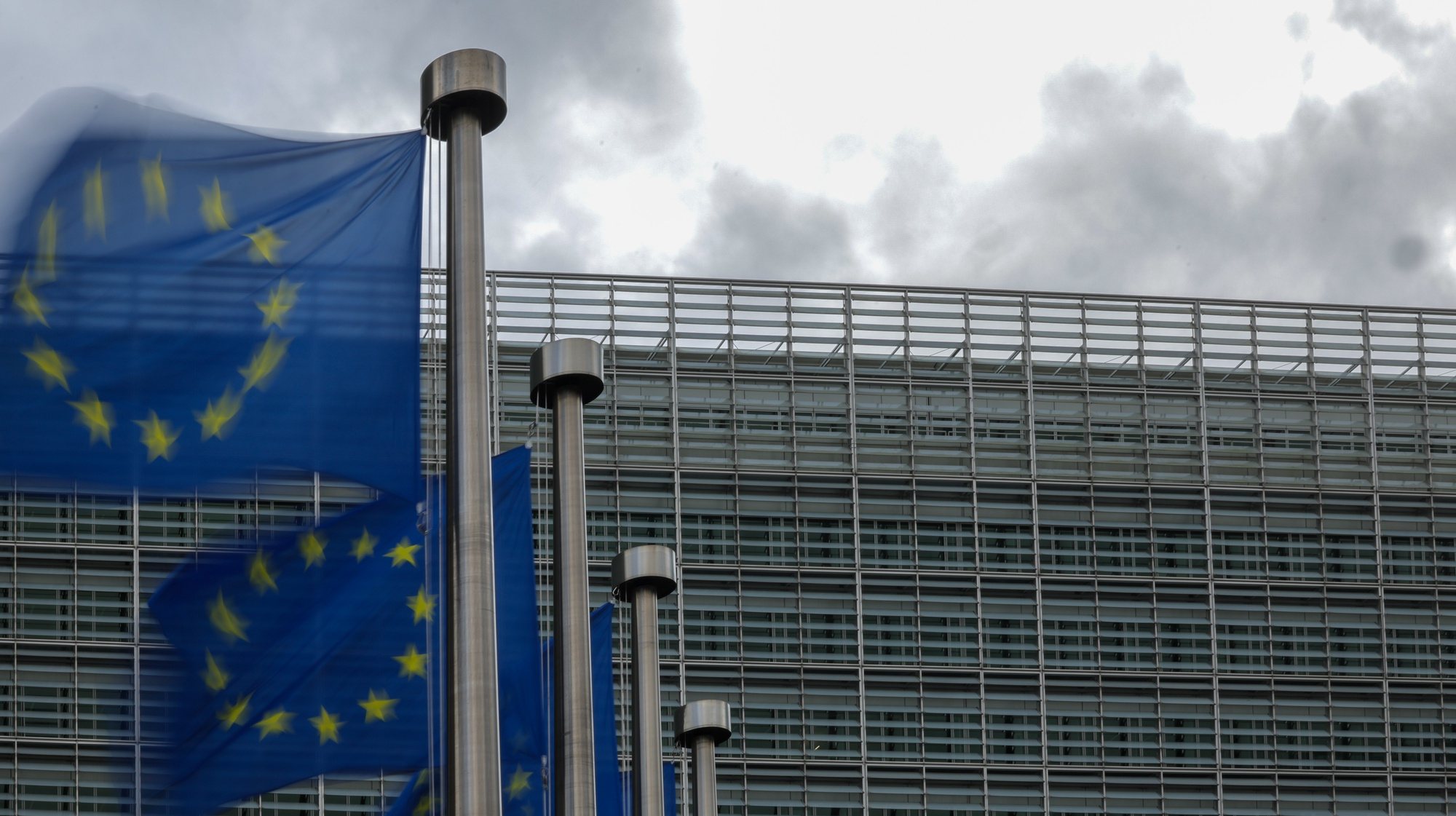The European Commission publishes its economic forecasts for the next quarter this Wednesday. Given the instability caused by two wars, Brussels estimates that growth should be moderate.
The European Commission publishes this Wednesday its spring economic forecasts, which are expected to be of “very moderate growth” due to geopolitical uncertainties related to two wars close to the European Union (EU), after a first quarter slightly above The expectations.
At 11:00 a.m. (local time, minus one in Lisbon), the community executive will make public its latest macroeconomic projections on the Gross Domestic Product (GDP) of the euro zone and the EU, also advancing the estimates relating to the deficit, inflation and unemployment. .
The new data comes at a time when Ukraine continues to face a war due to the Russian invasion and when the Middle East is witnessing instability caused by the conflict between Israel and the Islamist group Hamas in the Gaza Strip, geopolitical tensions that affect the European economic performance. and that can put pressure on prices (of raw materials or energy) and markets (financial and commercial).
Precisely due to these geopolitical uncertainties related to “two wars”, the European Commissioner for the Economy, Paolo Gentiloni, highlighted on Monday that the recent preliminary estimates on GDP in euros in the first quarter “were slightly above expectations”, but even so in a context of “very moderate growth.”
Highlighting the “context in which inflation is falling”, Paolo Gentiloni expressed confidence in a “possible increase in private consumption” and a “strong labor market situation.”
However, “it is clear that, whenever we talk about economic prospects, we must always remember the uncertainty and risk represented by the geopolitical situation (…) and the fact that we have two wars close to our borders naturally has a negative effect ”. an influence,” he added.
This restrained optimism should be expressed in this Wednesday’s economic forecasts.
Also in statements made this Monday, the president of the Eurogroup, Paschal Donohoe, spoke of an “economy that remains stable” and “growth [do PIB] “That prevented a recession.” “This is positive in the context of the rampant inflation we have endured and the proximity of war. [da Ucrânia]but I also know that everyone’s goal, at this moment, is to continue lowering inflation and start a debate on how to increase growth,” highlighted Paschal Donohoe.
According to data from the community statistics office, Eurostat, the GDP of the euro zone increased by 0.4% and that of the European Union grew by 0.5% in the first quarter of 2024, compared to the same quarter of the previous year. In terms of chain change, GDP increased by 0.3% in both the euro area and the EU.
Regarding inflation, Eurostat’s advance estimate indicates that annual inflation in the euro zone stood at 2.4% in April, stable compared to the previous month.
In the previous economic forecasts of the European Commission, the intermediate winter forecasts published last February, the institution revised downwards, for the third time in a row, the growth prospects of the euro zone economy, to 0. 8% this year in the euro zone and 0.9% this year. in the EU, speaking of “modest growth” that will recover in 2025.
At the time, the community executive said that he expected Portuguese GDP to grow by 1.2% in 2024 and 1.8% in 2025, a downward revision of one tenth for this year, but above the average for the euro zone and the EU.
Regarding inflation, at the time, the European Commission anticipated a slowdown in the rate of 2.7% in the euro zone, faster than expected for this year due to the sharp fall in energy prices and moderate pressures, and maintained its estimate of 2.2% in 2025.
Source: Observadora
